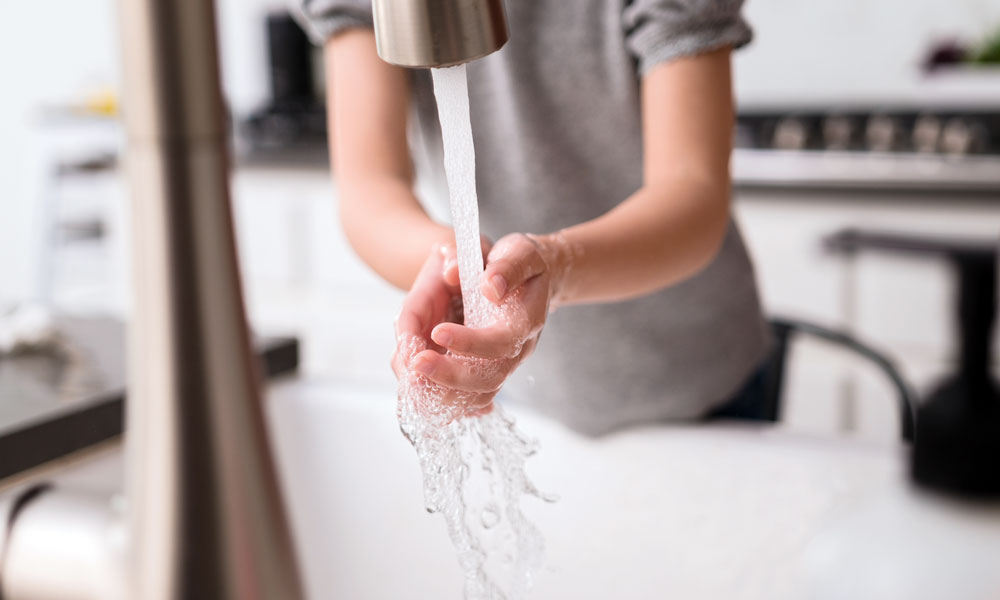
From traffic and street lights to smart parking and waste management, today’s cities rely on a complex and dynamic system of sensors to run efficiently. While smart water meters have been around for decades and have seen considerable success managing water and sewer utilities, Dr. Nicolás Peleato, Assistant Professor in UBCO’s School of Engineering, knew more could be done in terms of wireless water quality monitoring. “I wanted to know: can we collect more data to control water quality to further protect public health? And is there a business case for cities to adopt smarter water monitoring technology? I think the answer is yes.”
Dr. Peleato’s questions ultimately evolved into a partnership with fellow School of Engineering Assistant Professor Dr. Anas Chaaban, the Natural Sciences and Engineering Research Council of Canada, national communications technology company TELUS and the Regional District of North Okanagan. Their collective goal is to leverage advances in wireless technology and sensors to better understand the quality of water closer to people’s taps—a unique research endeavour in the traditionally conservative field of water quality monitoring.
Dr. Peleato and Dr. Chaaban are proposing the use of economically feasible sensors throughout the water distribution system, leading from the treatment plant to the final point of distribution; the sensors will send data instantaneously through TELUS’ 5G network. “Most big cities have 5G,” says Dr. Chaaban. “It’s special because it enables massive machine-type communication; it not only connects people but also machines, sensors in our cars and the water distribution system, transportation, traffic lights, electricity—the list goes on and on. One house alone could have hundreds of sensors for different applications, so we need to be able to connect everything and transmit that data quickly to a usable platform.”
As for the future, Dr. Peleato and Dr. Chaaban both say they hope the sensor technology and software interface will be developed to one day allow consumers to know the water quality directly at their taps—critical information, especially in light of climate change and increasing numbers of natural disasters that are impacting water supplies.
“We want consumers to have the greatest confidence possible in their drinking water,” says Dr. Peleato.
Please visit the UBC Okanagan website to read the full story.
Through Strategy 9: Knowledge Exchange, UBC is committed to improving the ecosystem that supports the translation of research into action.